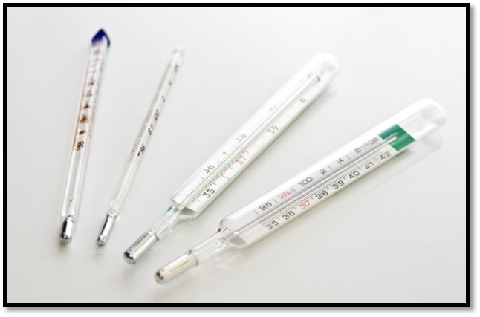The World Environmental Health Day is celebrated on 26 September annually, and the theme for this year is Global Food Safety and Sustainability. The goals are to support provision of clean and safe food and water for the global population, and for communities to understand the importance of ensuring a sustainable food production chain.
The achievement of these goals will enable several public health gains and reap other environmental benefits. In the recent Attapeu floods, food safety and sustainability was a major concern raised by several UN agencies. WHO also raised concerns on the increase in food and water-borne diseases with rising number of diarrhoea and dysentery cases; and WHO recommended the implementation of the first-ever oral cholera vaccine campaign in the country to immunize all camp residents and host communities living in these flood-affected areas.
The other area of work WHO covered is on antimicrobial resistance, in working with UN Food and Agriculture Organization (FAO) and World Organisation for Animal Health (OIE) to identify challenges to national food safety systems; while FAO and WHO also alert countries to food safety emergencies. WHO help countries to detect, prevent and respond to foodborne diseases outbreak in line with the Codex Alimentarius and other global standards regulating food safety.
During the flood, environmental pollution and waste management affected food safety and sustainability, and WHO supported the government on field surveillances and post-disaster risk assessment. However for the World Environmental Health Day, WHO will use this opportunity to advocate for a ban on mercury use to prevent exposure.
“WHO will mark World Environment Day to raise awareness on the danger of direct exposure to mercury, and encouraged the government to take the lead to protect health workers, by phasing out mercury containing medical devices from health practice. Mercury is recognized as a chemical of global concern” said Dr Juliet Fleischl, WHO Representative to Lao People’s Democratic Republic.
The Minamata Convention on Mercury was adopted in 2013 to advocate on the reduction and mitigation of mercury exposure. Health staff may be exposed to mercury when they come into contact with broken thermometers, badly maintained sphygmomanometers, dental amalgam containing mercury, and burning and improper disposal of amalgam scrap and these products also contributes to environmental pollution.
Mercury occurs naturally and exists in elemental, inorganic and organic forms. Mercury is released in the environment which mainly result from human activity, particularly from coal-fired power stations, residential heating systems, and waste incinerators and as a result of mining for mercury, gold and other metals. Once in the environment, elemental mercury is naturally transformed into methylmercury (organic form) that accumulates in fish and shellfish.
Eating contaminated fish and shellfish is the main source of organic mercury exposure, especially in populations that rely on consumption of long-lived predatory fish. We should bear in mind that cooking does not eliminate mercury from fish. Children are vulnerable and may be exposed directly by eating contaminated fish. Pregnant women may lead to neurodevelopmental problems in the developing foetus if they consume contaminated fish.
Elemental and inorganic mercury compounds are toxic to the central and peripheral nervous system. Kidney damage has also been reported in women using skin-lightening cosmetics containing mercury.
The three days’ workshop will draft a guideline for implementation of the health related articles of the Minamata Convention. The Ministry of Health is taking a lead to reduce mercury exposure by phasing out mercury containing medical devices, mercury –added cosmetics, use of waste incinerator for medical waste treatment, as part of the World Environmental Health Day activities.
Together we can answer the call to protect the environment by raising awareness of global food safety and sustainability on World Environmental Health Day.

